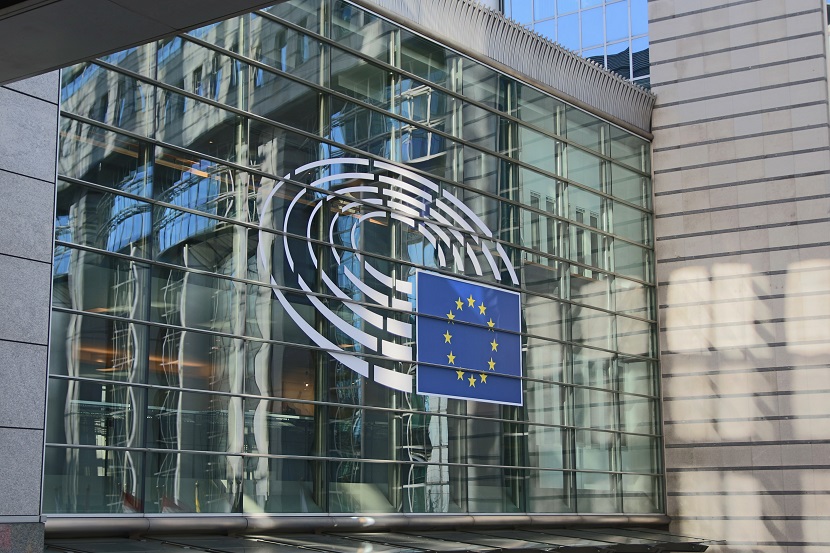Celanese received the European Commission approval of the proposed $11 billion acquisition of DuPont’s mobility and materials business. The condition for Celanese Corp. was to sell its plastics manufacturing operations.
According to the Commission’s investigation, the parties are in competition for customers’ business when it comes to supplying engineering thermoplastics for the automotive, business and industrial, electric and electronic, and consumer markets.
Although Celanese had to provide remedies in order to allay EU antitrust concerns, the deal was announced in February.
Besides, with only a few remaining alternative suppliers, the united company would have become the largest manufacturer of thermoplastic copolyester (TPC) in the European Economic Area and globally. The main users of the product are automakers.
Also, the agreements include the sale of a stand-alone firm, completely eliminating any activity overlap between the parties’ businesses. This will make it possible for a buyer to operate the divestment firm as a sustainable competitor in the market.
Celanese must sell its global TPC business, including its production facilities in Italy and some brands, in order for the EU to approve it.
In addition, Italian manufacturer of engineering plastics Taro Plast S.p.a. has received a purchase proposal from Celanese.
According to Margrethe Vestager, the director of the Commission’s competition policy, “the pledges given by Celanese, divesting a stand-alone firm, totally address our competition concerns since they assure that a player will remain in the market.”
However, the choice is subject to strict adherence to the agreements.
In order to concentrate on high-margin electronics and water solutions industries, DuPont is reshaping its portfolio.
In a separate buyer clearance process, the Commission will formalize its findings regarding the buyer.
The US Federal Trade Commission, the UK Competition and Markets Authority, the Mexican Federal Economic Competition Commission, and the Brazilian Administrative Council for Economic Defense were all involved in the Commission’s inquiry and exchanged information with them.



